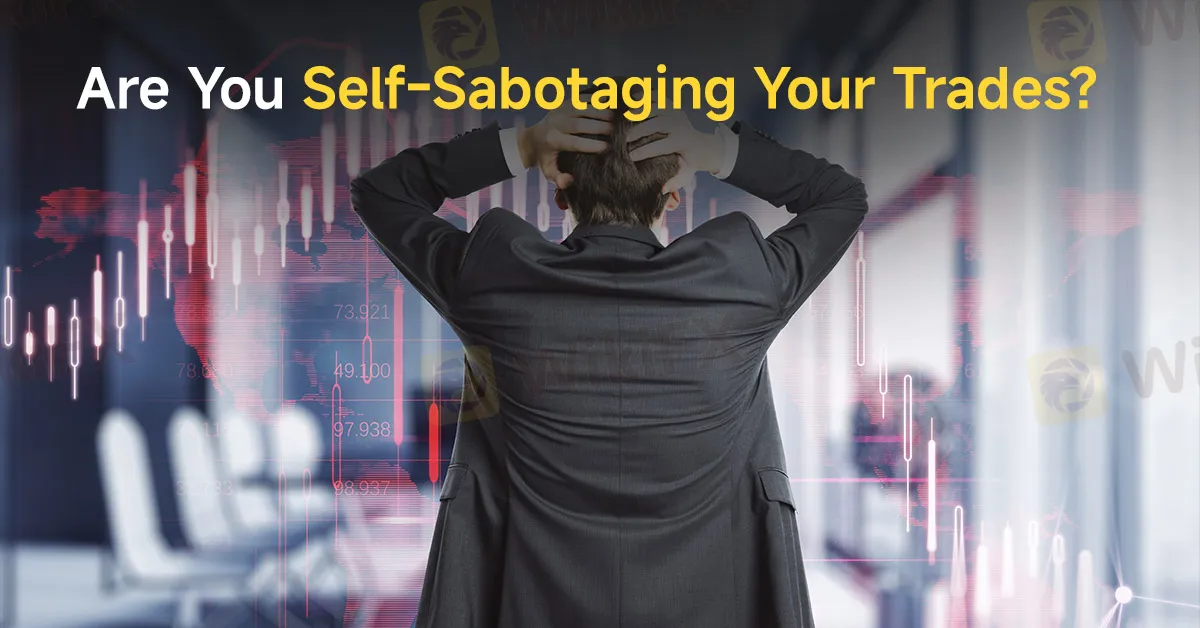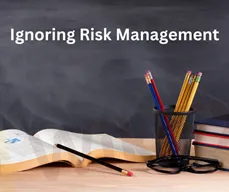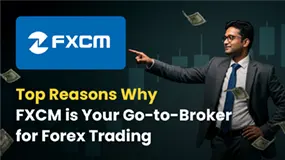简体中文
繁體中文
English
Pусский
日本語
ภาษาไทย
Tiếng Việt
Bahasa Indonesia
Español
हिन्दी
Filippiiniläinen
Français
Deutsch
Português
Türkçe
한국어
العربية
Are You Self-Sabotaging Your Trades?
Abstract:While many traders enter the market with dreams of financial freedom and substantial profits, they often find themselves facing significant losses instead. A common, yet under-discussed, factor behind these losses is self-sabotage.

In the high-stakes world of online trading, success often hinges not just on market knowledge and technical skills, but also on the psychological resilience and discipline of the trader. While many traders enter the market with dreams of financial freedom and substantial profits, they often find themselves facing significant losses instead. A common, yet under-discussed, factor behind these losses is self-sabotage. Understanding the ways traders undermine their own success is crucial for anyone looking to navigate the markets successfully.

Emotions are the arch-enemy of rational trading. Fear and greed are the most common culprits. Fear can paralyze a trader, preventing them from executing well-planned trades, or it can force them to close positions prematurely, missing out on potential profits. On the other hand, greed can push traders to hold onto winning trades for too long, waiting for that extra pip that never comes, or to over-leverage their positions in the hope of outsized gains. This emotional rollercoaster often leads to poor decision-making and significant losses.

A surprising number of traders dive into the markets without a well-thought-out trading plan. A trading plan outlines the strategy, risk management rules, and goals of the trader. Without it, trades are often executed based on whims or gut feelings rather than sound analysis. This haphazard approach almost always ends in disaster. A solid trading plan is a traders roadmap, helping to maintain discipline and consistency, two key components of long-term success.

Overtrading is another common form of self-sabotage. Driven by the excitement of the market or the desire to recoup losses quickly, traders often execute too many trades. This not only increases transaction costs but also leads to less careful analysis and poorer trade quality. Overtrading can rapidly deplete a trading account, turning a promising trader into a frustrated one.

Risk management is often the first casualty of overconfidence. Traders may neglect to set stop-loss orders or may risk too much of their capital on a single trade. This lack of risk management can lead to catastrophic losses. Effective risk management involves setting stop-loss levels, diversifying trades, and never risking more than a small percentage of one‘s trading capital on any single trade. It’s the safety net that can keep traders afloat during rough market conditions.

The temptation to recover losses by increasing trade size or frequency is a classic self-sabotage move. This is often referred to as “revenge trading.” After a losing streak, the emotional toll can lead traders to make irrational decisions, hoping to quickly recover their losses. This usually results in even greater losses and a downward spiral that can be difficult to escape.

After a series of successful trades, traders can become overconfident, believing they have mastered the market. This overconfidence can lead to larger, riskier trades, and a disregard for market analysis and risk management. The market has a way of humbling even the most confident traders, and those who do not respect its volatility often pay a hefty price.

Markets are dynamic and constantly evolving. Strategies that work well in one market condition may fail miserably in another. Traders who are unwilling or unable to adapt their strategies in response to changing market conditions often find themselves on the losing end. Continuous learning and flexibility are essential traits for long-term success in trading.
In summary, self-sabotage in trading is a significant barrier to success, but it can be mitigated through awareness and disciplined practices. Emotional control, adherence to a trading plan, risk management, and the ability to adapt are crucial elements that distinguish successful traders from those who continually struggle. By recognizing and addressing these self-destructive behaviours, traders can improve their chances of achieving their financial goals and navigating the complex world of online trading with greater confidence and success.

Disclaimer:
The views in this article only represent the author's personal views, and do not constitute investment advice on this platform. This platform does not guarantee the accuracy, completeness and timeliness of the information in the article, and will not be liable for any loss caused by the use of or reliance on the information in the article.
Read more

Top Reasons Why FXCM is Your Go-to-Broker for Forex Trading
A revered broker name is what you want to associate with being a forex trader. Fortunately, you have plenty of such names on WikiFx where the best forex brokers and regulators are listed to ensure your transaction is genuine. One such name is FXCM, a regulated forex broker in the United Kingdom (UK). Let’s check out more details about FXCM through this article.

Scammers Use AI to Fake Lim Guan Eng’s Support for Investment Scheme
A fake video showing former Penang Chief Minister Lim Guan Eng promoting an investment scheme has started spreading online. Lim has come forward to say the video is not real and was made using artificial intelligence (AI).

IronFX: A Closer Look at Its Licences
In an industry where safety and transparency are essential, the regulatory status of online brokers has never been more important. For traders seeking to protect their capital, ensuring that a platform operates under recognised and stringent oversight can make all the difference. Keep reading to learn more about IronFX and its licenses.

Spot vs Forward Contracts - Which Should You Choose?
Mulling foreign exchange contract options - Spot vs Forward - to begin or consolidate your trading journey? Read this comprehensive guide explaining the differences between spot and forward contracts. You can select better using it.
WikiFX Broker
Latest News
IronFX Broker Review 2025: A Comprehensive Analysis of Trustworthiness and Performance
OctaFX Flagged by Malaysian Authorities
OctaFX and XM Trading Platforms to Be Blocked in Singapore
ATFX Opens New Office in Cape Town's Portside Tower to Expand in Africa
Tighter Scrutiny: Finfluencers Face Global Crackdown Amid Rising Risks
IronFX: A Closer Look at Its Licences
2025 Broker Real - World Reviews: Share Your Insights & Grab Thousands in Rewards!
Nonfarm Data Lifts Market Sentiment, U.S. Stocks Rebound Strongly
Interactive Brokers Enhances PortfolioAnalyst with New Features
Eid ul Adha Celebration Continues – Grab the STARTRADER Offer Now!
Currency Calculator


